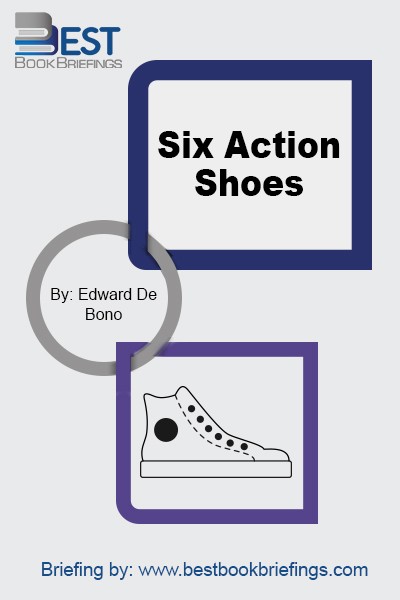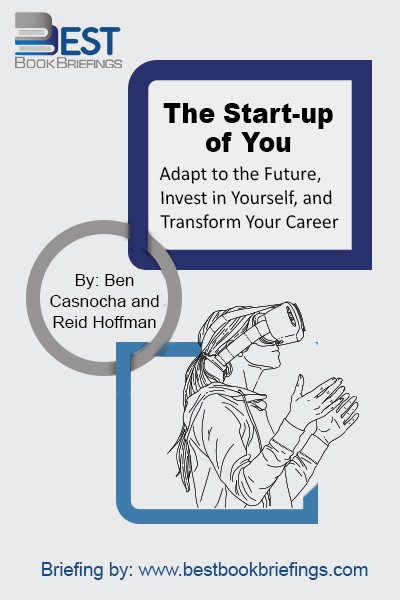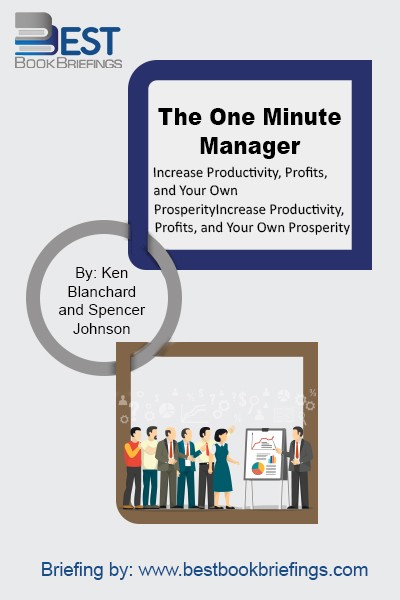Know Can Do!
Put Your Know-How into Action
Number of pages: 115
Publisher: Berrett-Koehler Publishers
BBB Library: Personal Success
ISBN: 9781576754689
Editorial Review
In Know Can Do!, bestselling author Ken Blanchard, Success Motivation Institute founder Paul J. Meyer, and ace motivational speaker and consultant Dick Ruhe use a story about an author with questions and an entrepreneur with answers to offer a simple and systematic approach for learning more efficiently and using that knowledge to make lasting changes. People who have mastered learning are free to be creative and make big things happen. In fact, John F. Kennedy once remarked that leadership and learning are indispensable to each other. This powerful book will help people at all levels develop the mind-set and the skill set to achieve extraordinary results.
Book Reviews
Books on Related Topics

There comes a time in the lives of those destined for greatness when they must stand before the mirror of meaning and ask, Why, having been endowed with the courageous heart of a lion, do we live like mice? We must look squarely into our own tired eyes and examine why

Wellbeing isn’t just about being happy, wealthy or successful. And it’s not limited to physical health and wellness. Wellbeing is all the things that are important to how we think about and experience our lives. It is about a combination of our love for what we do each day, the quality of

Six Action Shoes is written by the world-renowned expert on creative thinking and author of the best-selling Six Thinking Hats and Tactics. Six Action Shoes provides a brilliant method of taking control of any business or life situation. No one can be 'perfect' in all situations, but everyone can gain from

We see prosperity as multidimensional. When you are happy, when you have enough money and are at peace with how you are earning that money, this leads to the sustainable state that we describe as prosperity. Balancing these three things—money, happiness, plus sustainability—leads to prosperity. The prosperity that we value depends

To adapt to the challenges of professional life today, we need to rediscover our entrepreneurial instincts and use them to forge new sorts of careers. Whether you’re a lawyer or doctor or teacher or engineer or even a business owner, today you need to think of yourself as an entrepreneur at

Are You Fully Charged? reveals the keys that matter most for our daily well-being, as well as our engagement in our work. Drawing on the latest and most practical research from business, psychology, and economics. This book focuses on changes we can make to create better days for ourselves and others.





